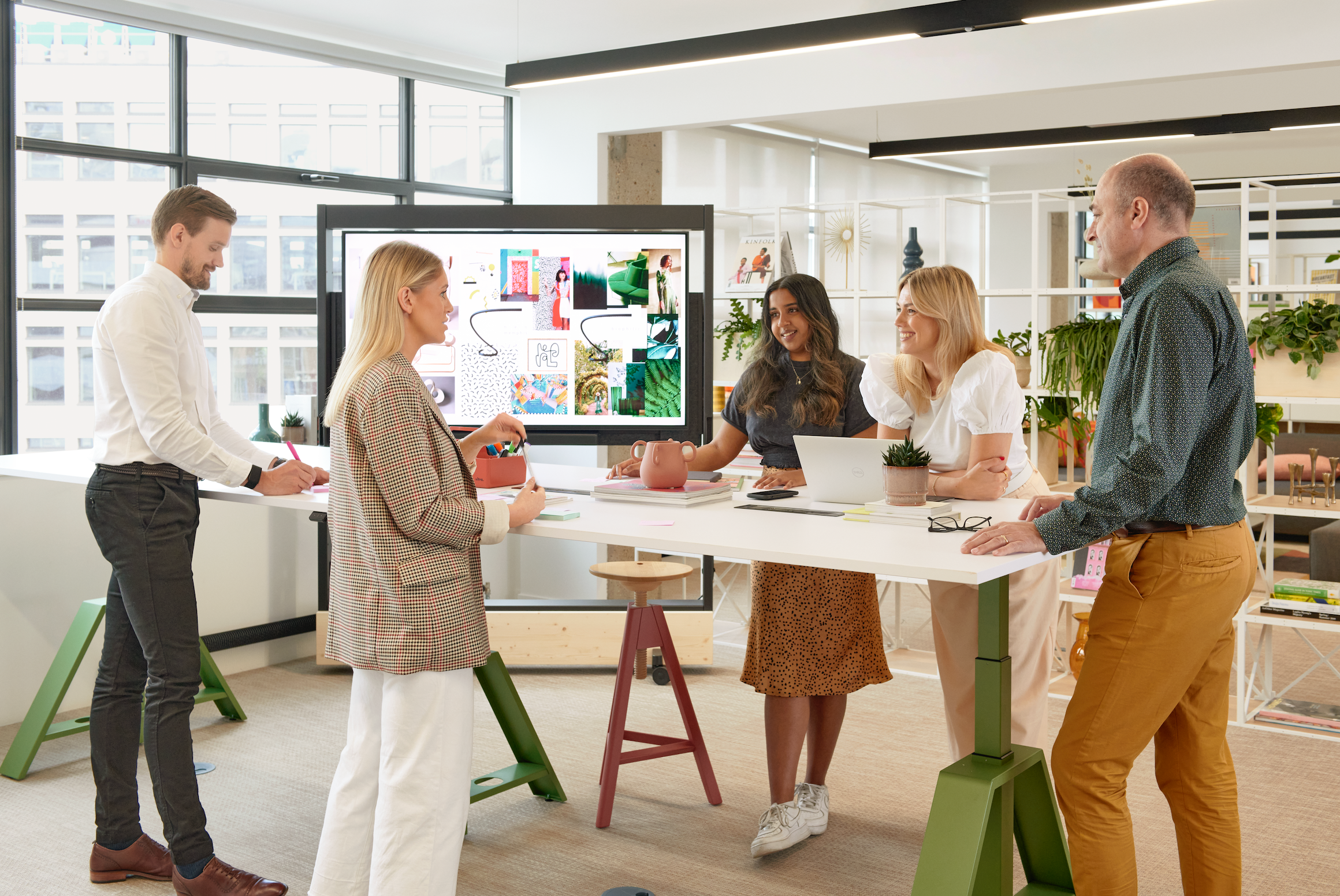Tailoring an appropriate response to a seismic shift in working habits
THE ARTICLES ON THESE PAGES ARE PRODUCED BY BUSINESS REPORTER, WHICH TAKES SOLE RESPONSIBILITY FOR THE CONTENTS

Fora CEO and co-founder Enrico Sanna explores the arguments for working from home versus the office and highlights the new office model that employers must adopt to keep their workforce happy and productive.
As the country returns to some semblance of “normality”, the only certainty about the future of the office is uncertainty. Will you return fulltime? Will you adopt a hybrid or flexible model? Will your staff stay home permanently? These are all legitimate questions, without simple answers.
Around 75 per cent of employees want a hybrid working model, according to a recent YouGov poll. Indeed, two-thirds of UK businesses plan to keep staff working from home for at least part of the week, according to the professional body of the Institute of Directors. A combination of home and office working seems inevitable in this brave new world. But deciding what that blend will look like can be problematic.
Fora offer a solution to the immediate need for flexible and adaptable workspaces that put people and experience first. Banning the antiquated one-size-fits-all hot-desking approach, an activity-based working model identifies the needs of each business to deliver a bespoke design, particular to the required tasks of the company – from presentations, ideation and soft collaboration to the team or quiet focus.
“If employers and landlords do not understand what people want and create spaces that fulfil those basic human needs, then it goes without saying that the office is not fit for purpose”
More and more businesses understand that a workplace should not be centred around a desk but rather a well-designed, engaging work environment. Organisations are increasingly realising that the office must be fit for purpose, delivering agile settings from collaborative spaces to places to work quietly and focus. What’s needed is a bespoke approach where a company designs its office around its employees. This is what Fora aims to provide with Tailored Office, a space with different “settings” that address the various needs that organisations have.
What matters is that these “settings” are designed around tasks. The theory is that an office fit for purpose will boost effectiveness and creativity. And “tailoring” doesn’t end with the fit-out.
Fora will monitor the space and report monthly on how it’s being used so that it can be tweaked if necessary. At a time when we are reimagining what an office is, the idea that it can be designed for how a business actually works – especially in how it can provide spaces for tasks not easily achieved remotely – makes sense. The office’s role as a gathering place is critical, and the workplace must create a sense of community and connectivity – meaningful, human, productive. Without this, businesses will find themselves at major risk.
Business owners are going from “chaining people to a desk”, which was the most cost-effective way to organise an office, to working from home. They’re saving more, but without considering the value of all the added benefits that a properly designed office produces. If employers and landlords do not understand what people want and create spaces that fulfil those basic human needs, then it goes without saying that the office is not fit for purpose. Solemn, soulless cubicles and grey meeting rooms are not conducive to encouraging office working, especially after a year spent at home.
If employers don’t create an environment that is better than being at home – sofa-bound with the cat and surrounded by one’s creature comforts – then it is hardly surprising that employees will choose to work there.
We’ve been given a fresh start to consider how our businesses really thrive and how our employees deliver their best. Through tailored design and employee-centricity, your workspace becomes a powerful asset, creating an inspirational environment that will enable your people to produce their best work in the most creative and efficient manner, helping to build the best possible company.
We all contribute to a business in ways beyond mere output. Our aptitude for collaboration, presentation, focus and entertainment is inherently unique. An office fit for purpose will recognise this, playing to and utilising each employee’s abilities to deliver the best work, not the most work. Our uniqueness is what makes us valuable. What employees bring to the table goes far beyond the number of hours spent sitting at it.
Offering tailored workspaces for forward thinkers, Fora is on an exciting journey to reimagine the working day. Its unique designs invite people and businesses to feel “Wonderful at Work” through conscious design, a curated programme of events and a 360-degree wellness offering.
Since launching in Clerkenwell, London in 2017, co-founders Enrico Sanna and Katrina Larkin have grown the Fora network to 13 locations across London and Reading, with six future spaces in the pipeline.
To learn more please visit foratailoredoffice.com
Originally published on Business Reporter
Subscribe to Independent Premium to bookmark this article
Want to bookmark your favourite articles and stories to read or reference later? Start your Independent Premium subscription today.
